Read Your Way to Better Writing
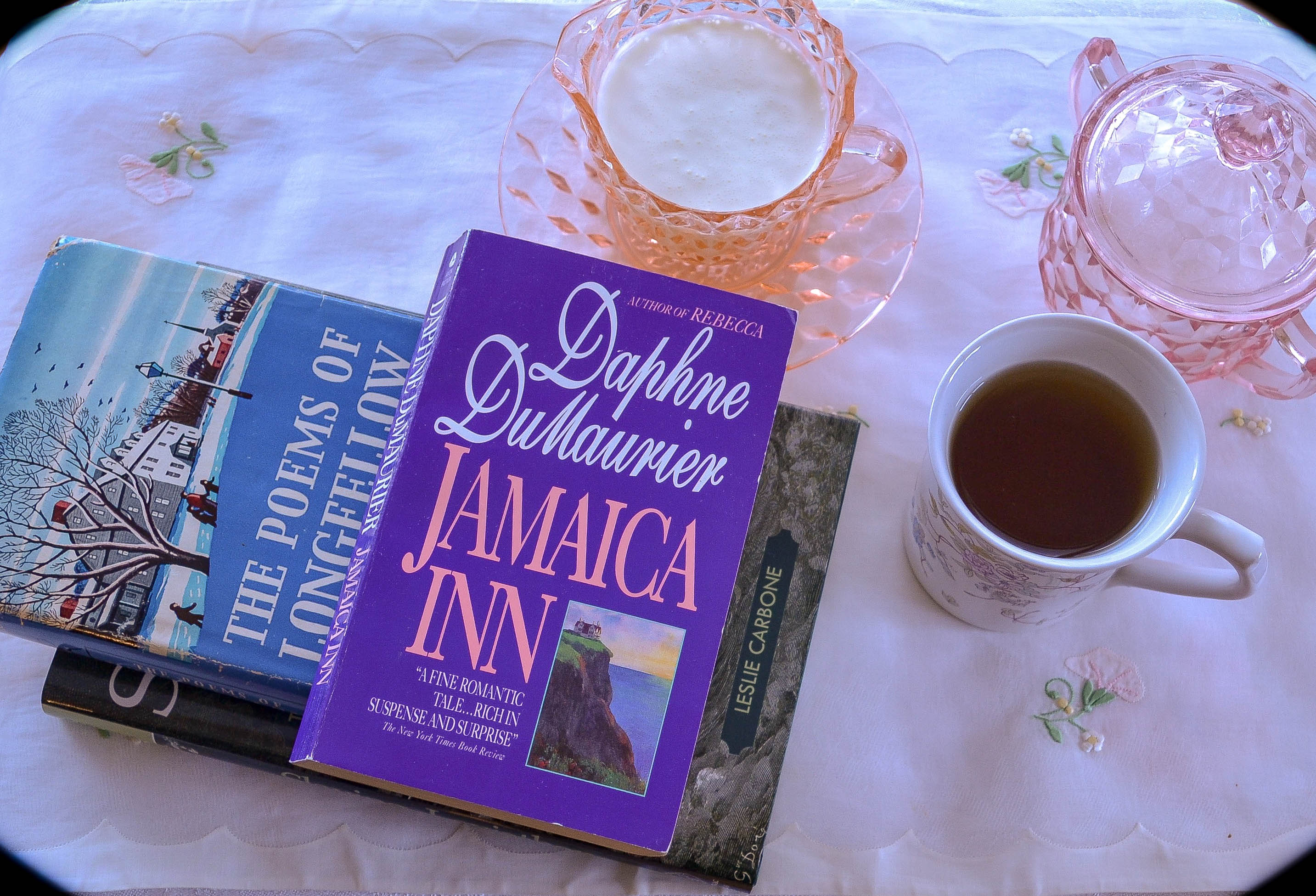
It’s been said that Ernest Hemingway read more than he drank. If that’s true, one wonders how he found the time.
I’m often asked what I think is the best way to improve one’s writing. There’s no question about it: Read.
This post contains affiliate links. For more information, click here.
William Faulkner, who joins Hemingway in one of the most famous feuds in literary history, put it this way:
Read, read, read. Read everything — trash, classics, good and bad, and see how they do it. Just like a carpenter who works as an apprentice and studies the master. Read! You’ll absorb it. Then write. If it’s good, you’ll find out. If it’s not, throw it out of the window.
How does reading improve your writing? I think there are several ways:
Reading teaches you writing technique.
By reading, you can absorb technique. You can see how another author structures passages similar to ones with which you might be struggling. You can compare the styles of different authors as a help to developing your own. You can pick up flow, rhythm, polish.
Reading expands your active vocabulary.
How did you learn to speak your native language? It wasn’t by studying in school; it was by hearing it spoken in your family. The best way to learn new words and how to use them is to encounter them where they occur naturally. Good writing is varied and uses precise language. By reading widely, you will learn a few new words, and you will find words you know but rarely use coming to you more easily when you need them.
Reading builds your knowledge.
Ever have a conversation with an ignorant person? Painful, isn’t it? Reading can introduce you to unfamiliar people, places, cultures, and ideas, which will make your own writing, as well as your own conversation, more interesting. It will also give you a mental resource library of references, allusions, connections, and metaphors that will make your writing more clear, more vibrant, and more effective. It will make you wittier.
Reading helps you think.
Reading leads you to think, more clearly, and more deeply. And clear and deep thinking are necessary for clear and deep writing.
Reading develops your empathy.
By identifying with characters, both real and fiction, whose lives differ from your own, you will deepen your sensitivity to others and your understanding of the human condition. This insight will enrich and give texture to your writing.
Reading gives you inspiration, encouragement, and a sense of community.
Writing is hard. It can be frustrating. It can be lonely. Through reading you can encounter people who’ve faced everything you’re facing, and more–both the authors and their subjects.
What should you read?
Well, I’m not going to argue with William Faulkner, so: Read everything.
Oh, you wanted more specifics? Okay, here are a few personal recommendations:
Read the Bible.
Biblical history is baked into the cake of Western culture. You can’t understand, or even recognize, important references and allusions without reading the Bible. This is true not only of literature, but of everything from visual art to historic speeches. Which translation? Well, my Hebrew is virtually non-existent, and my Greek is limited to what I can sound out thanks to my two semesters of college Russian. But those whom I respect who’ve studied both languages recommend the English Standard Version as a faithful modern translation.
Read classic novels.
Classic novels show you how to create complexity and carry it through. You have lots to choose from; choose what you like and what you think you’ll like and maybe even a couple you don’t think you’ll like. My favorites include:
Charles Dickens. Many of us read Dickens in school, but my favorite is one I read on my own: A Tale of Two Cities, in which the author’s depth and polish make absurd coincidences seem perfectly plausible.
Daphne duMaurier. Rebecca is her best known novel, but my favorite is the equally chilling mystery Jamaica Inn.
John Steinbeck. He’s probably best known for The Grapes of Wrath, but I especially liked East of Eden. The character development is so rich you feel you know people who appear for only a few pages.
Read non-fiction.
Non-fiction will give you knowledge and inspiration. There’s even more to choose from here; choose what you’re interested in learning about. I especially like history; if you do too, you can’t go wrong with Robert Caro or David McCullough.
Read short stories.
Short stories will show you how to structure and complete an idea within a length that can be read in one sitting. Here again, I really like the macabre duMaurier. Her best known is The Birds, on which the Alfred Hitchcock movie is loosely based, and by which M. Night Shyamalan’s Signs was inspired. But my favorite is the heart-rending Blue Lenses. And the American master is Edgar Allen Poe; my favorites are The Tell-Tale Heart and The Masque of the Red Death.
Read poetry.
Poetry will wrap you in rhythm, metaphor, and polish. Here again, Poe excels; my favorites of his are The Bells and The Raven. But my absolute favorite poem is Henry Wadsworth Longfellow‘s epic The Midnight Ride of Paul Revere; if you ever doubt that history can be expressed beautifully and brilliantly at length, reread this masterpiece. And of course, reading English poetry means reading William Shakespeare. The sonnets are short enough to be read and reread during brief lulls in the day. As for his plays, we’ve had to read those too in school. I recommend reading them now with a caveat: They weren’t meant to be read; they were meant to be seen. But they’re so full of content that has become cliche in our culture that Shakespeare’s oeuvre stands perhaps second only to the Bible as something that one simply has to read in order to understand so much else.
Read periodicals.
These will keep you informed and show you how to write tightly. I particularly like op-eds for their succinctness in making a point. My must-reads include Peggy Noonan at The Wall Street Journal and Michael Gerson at The Washington Post. Interestingly, they were both presidential speechwriters, one for a great communicator and one for, well, a less-great communicator; good writing appeals to the ear as well as the mind. Unfortunately, as newspapers and magazines cut back on editors, many of them simply aren’t well written; the same sadly can be said of much on the Web, including blogs. General-interest magazines that have maintained good writing standards include The New Yorker, The Atlantic, and Vanity Fair. In my opinion, the best-written English newspaper is The New York Times.
Read about writing.
The best guides to good writing in my opinion remain the classics On Writing Well and The Elements of Style.
I hope this list gives you some ideas for reading that will help you refine your own writing style, while enjoying yourself immensely.

After my misspent youth as a wage worker, I’m having so much more fun as a blogger, helping other discerning travellers plan fun and fascinating journeys. Read more …
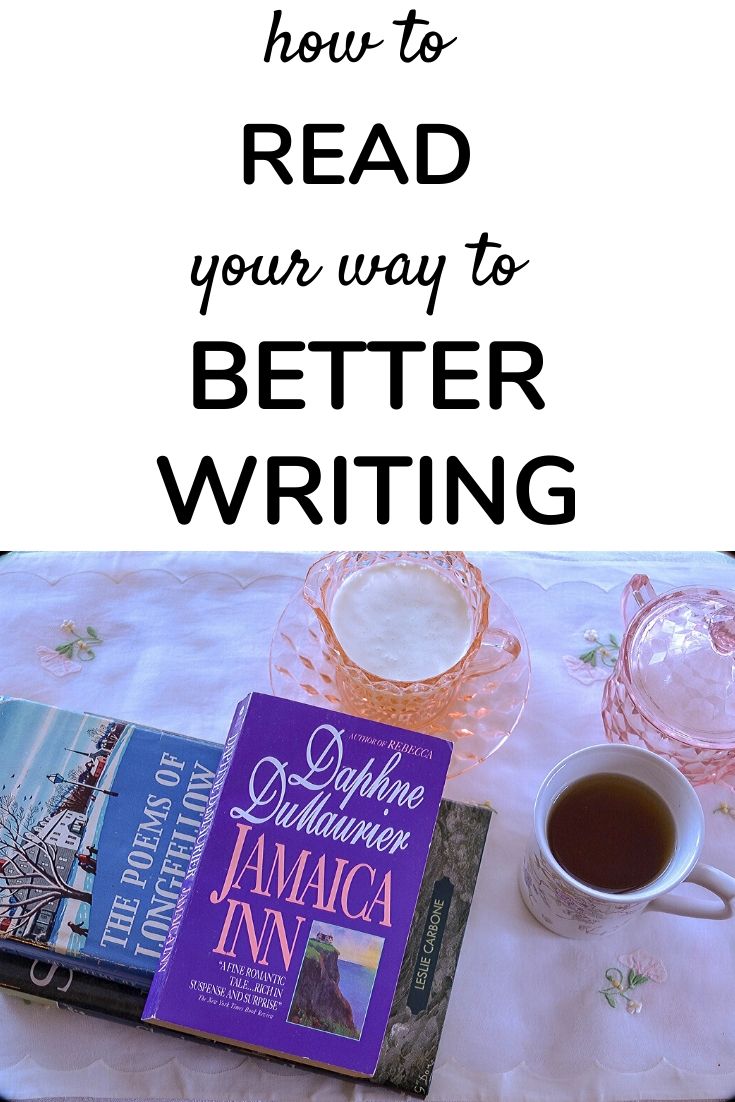
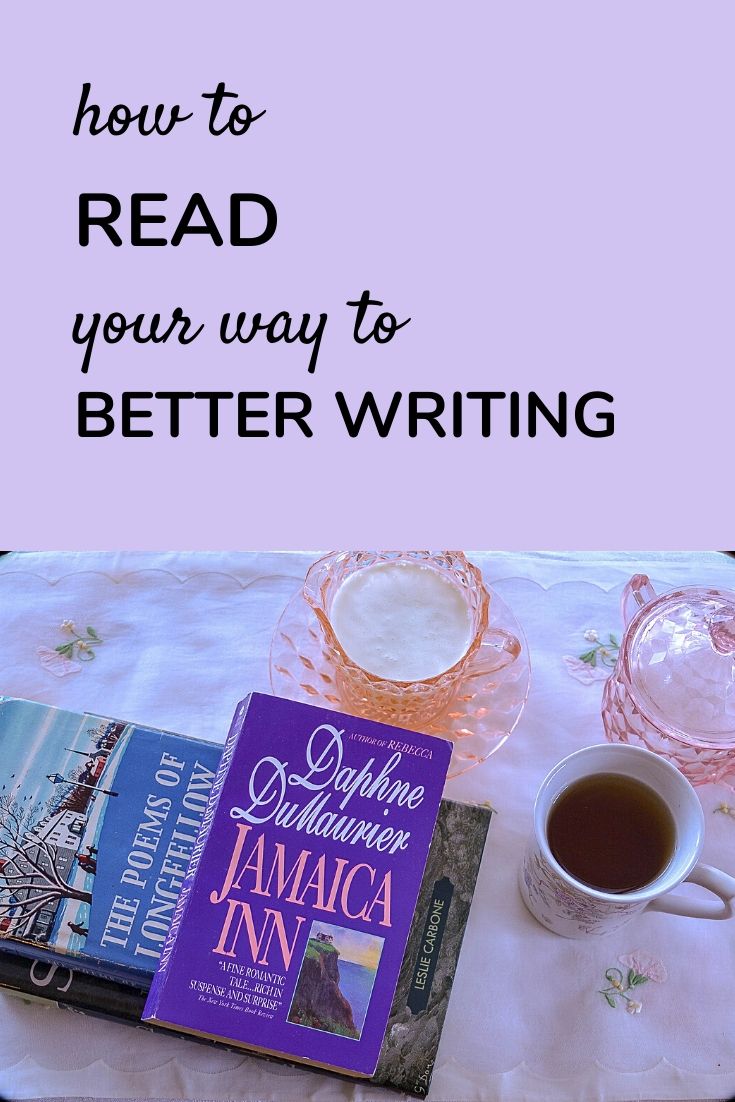
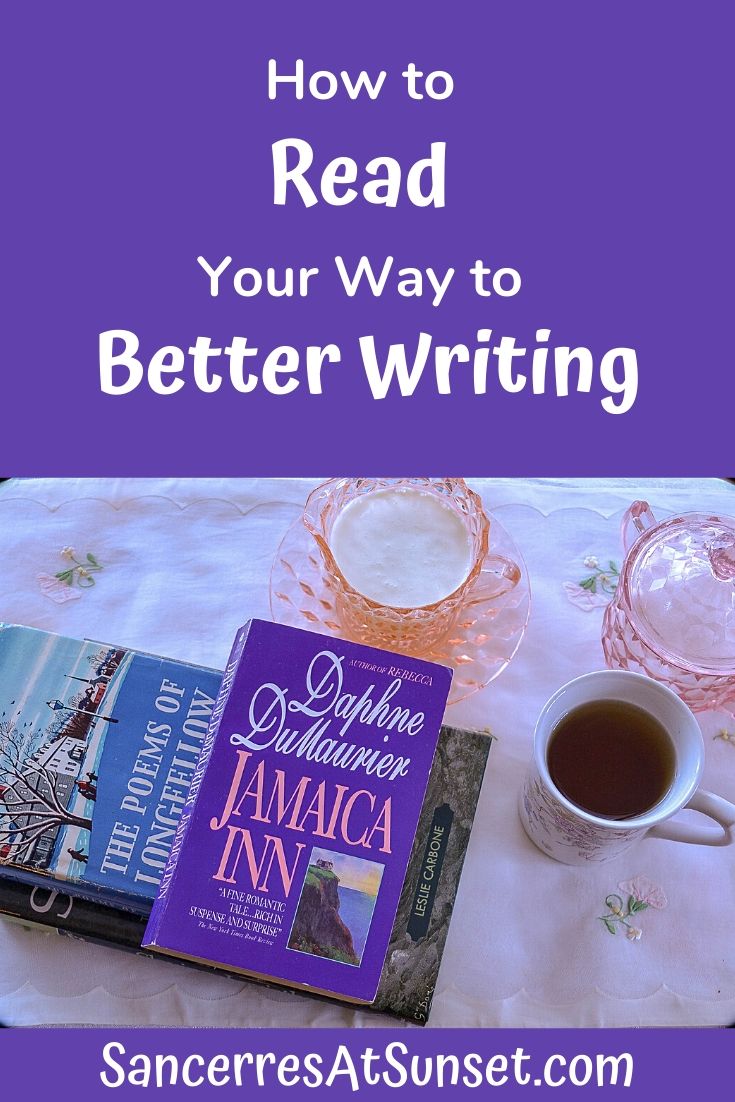

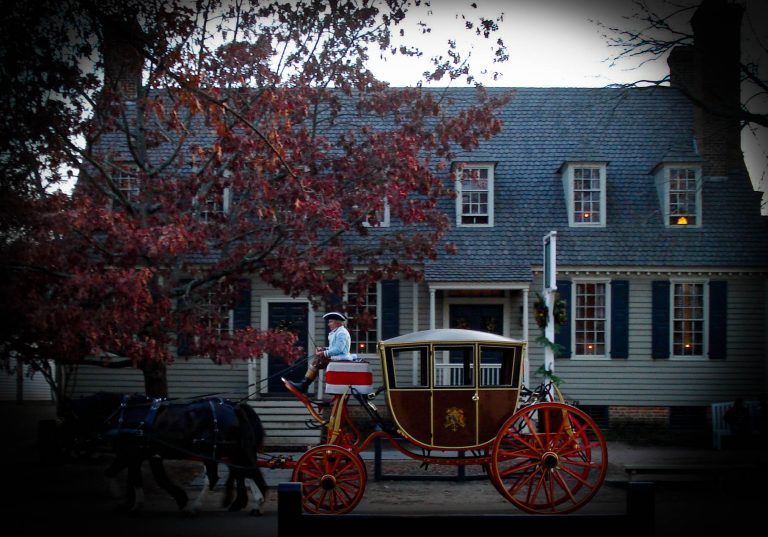
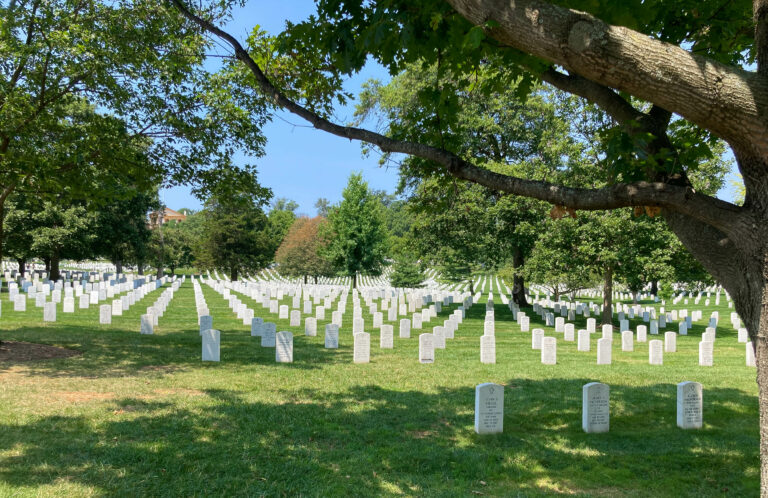




3 Comments